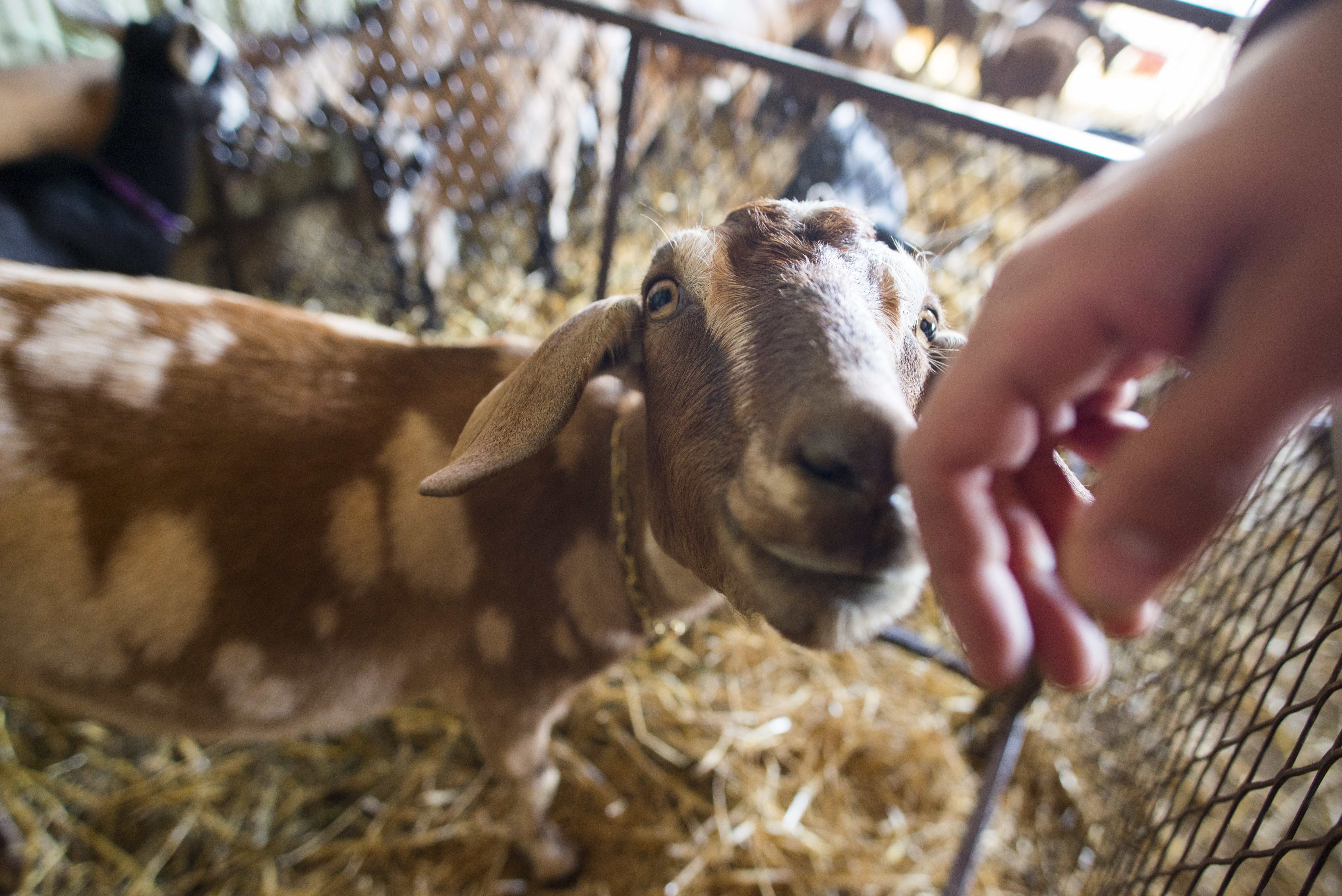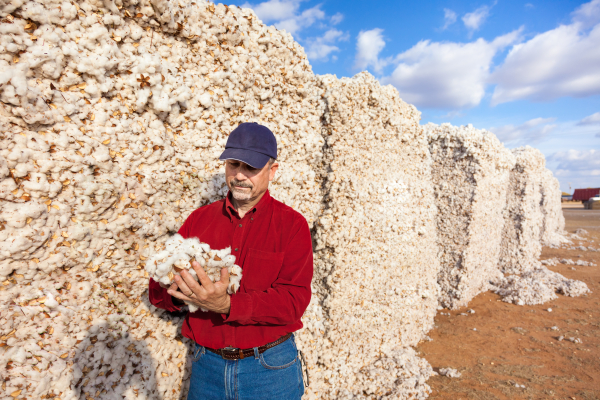Safeguarding Goats and Sheep

The barber pole worm poses a great threat to the small ruminant (sheep and goat) industry. These harmful miniature predators cause irreversible damage to sheep and goats, including disease and death. Different populations of the parasite have developed resistance to most pharmaceutical anti-parasitic remedies.
With USDA funding, researchers at Fort Valley State University investigate the role of a forage plant, sericea lespedeza, in fighting parasites. They learned that this legume plant with high-tannins reduces the presence of parasites, including barber pole worm in sheep and goats. The plant also reduces methane from digestive processes, controls fly larvae in manure, and prevents bloat in animals. It grows well on lower quality soils, helps restore nitrogen to improve soils, and requires no fertilizer or other inputs to grow. Small ruminants also enjoy eating the forage plant.
This USDA-supported research also sparked new business opportunities for small-scale farmers by expanding markets for dried sericea lespedeza products. The team provided training sessions to farmers across Georgia, Alabama, and South Carolina on planting, harvesting, and marketing sericea lespedeza as silage to sell to other farmers through feed stores.
Using sericea lespedeza products has reduced the cost to farmers of controlling parasites by replacing more expensive pharmaceuticals. The research has also ensured farmers have a nutritious, sustainable source of feed for their sheep and goats, and created new and profitable business opportunities.


